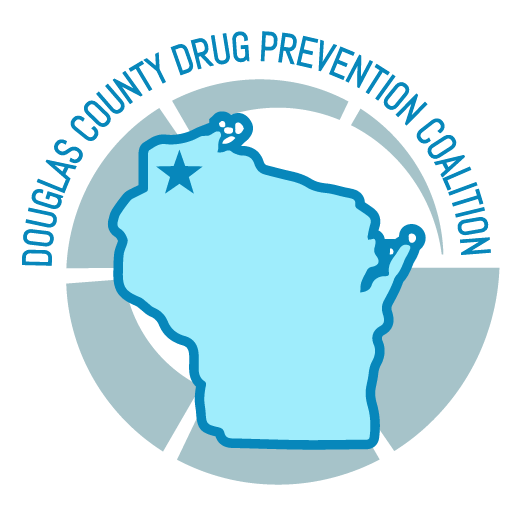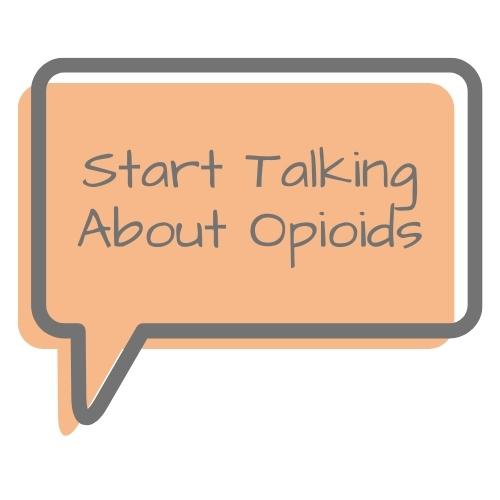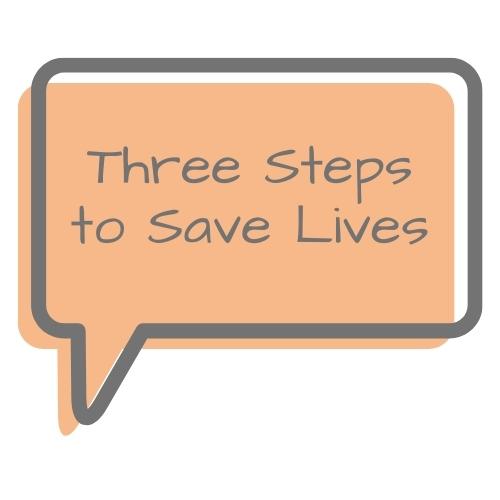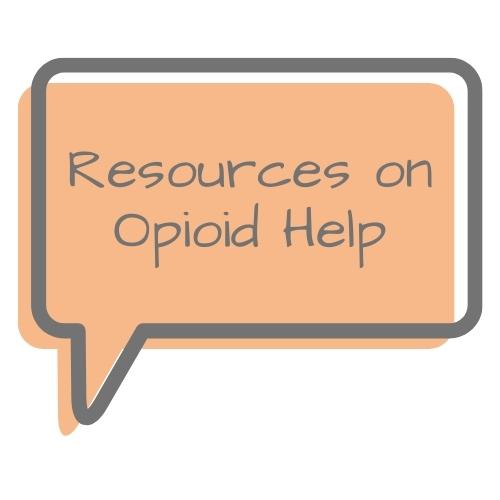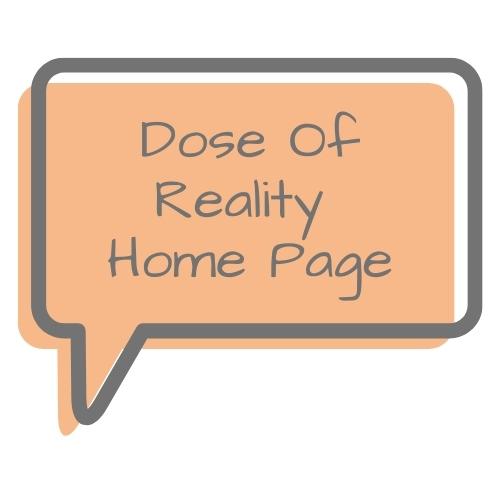Responding to an Opioid Overdose
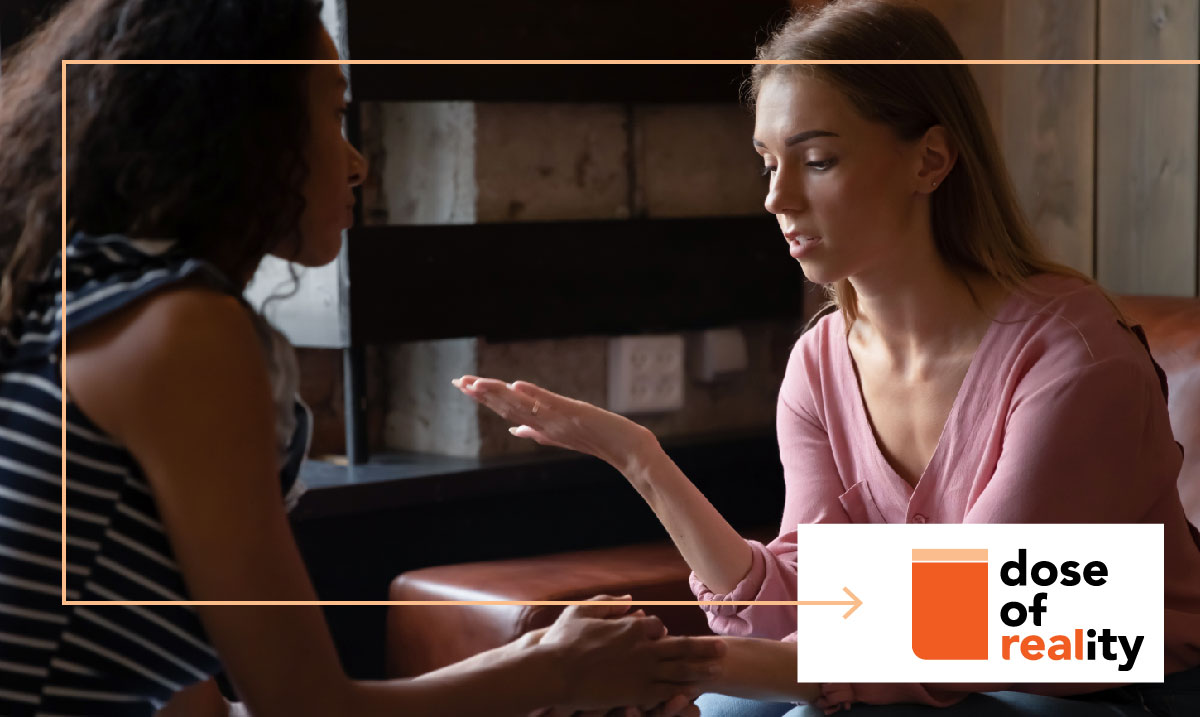
Anyone who use opioids can experience an overdose at any time. When a person survives an opioid overdose, it’s because someone knew what was happening and how to take action. Call 911 immediately if you think someone is experiencing an opioid overdose.
How to recognize an overdose
Unresponsiveness or unconsciousness.
Slowed or stopped breathing.
How to respond to overdose
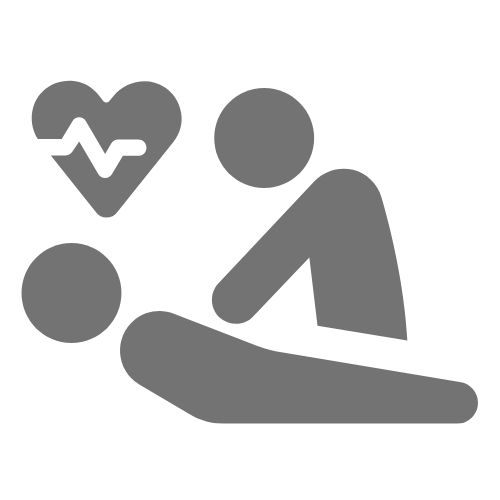
Try to wake them up:
Call their name or yell, “I’m going to call 911!” If they don’t respond to your voice, rub the middle of their chest with your knuckles.
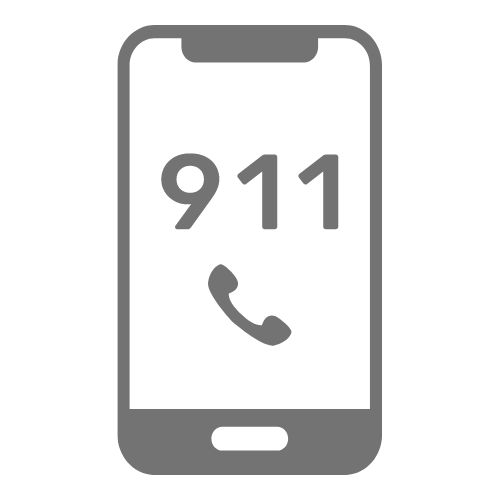
Call 911 right away if you can’t wake them up.
Follow the directions of the 911 operator. Tell the 911 operator if the person has slowed or stopped breathing.
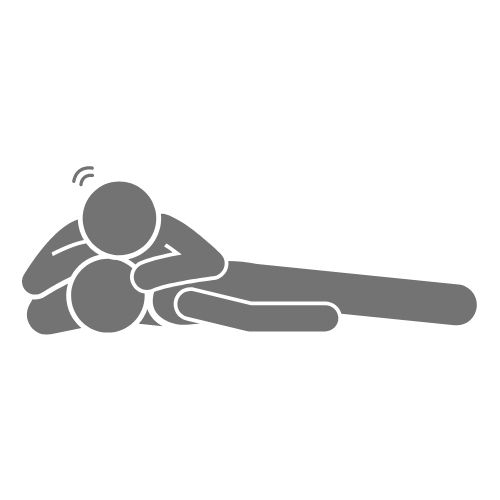
Start rescue breathing if the person’s breath is slow or has stopped.
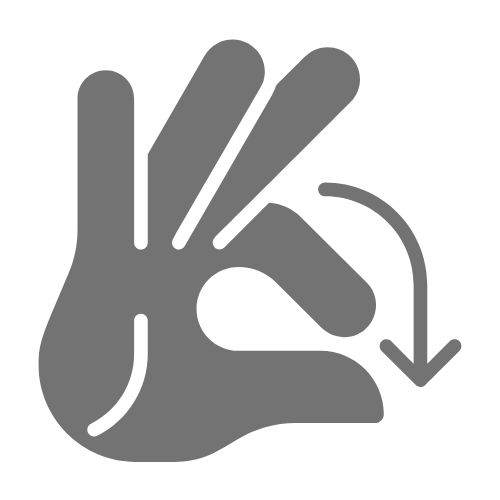
Make sure the person’s mouth is not blocked
Pinch their nose, and breathe into their mouth every five seconds. Continue this for 30 seconds. Need help? Follow the directions of the 911 operator.
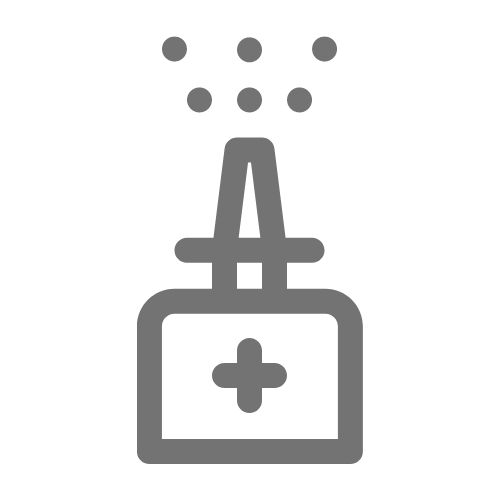
Give NARCAN® if you have it.
Remove the NARCAN® device from the package. Put the tip in either nostril until your fingers tough their nose, then press the plunger. Continue rescue breathing if the person’s breath is slow or has stopped. If there is no response after two to three minutes, give NARCAN® again
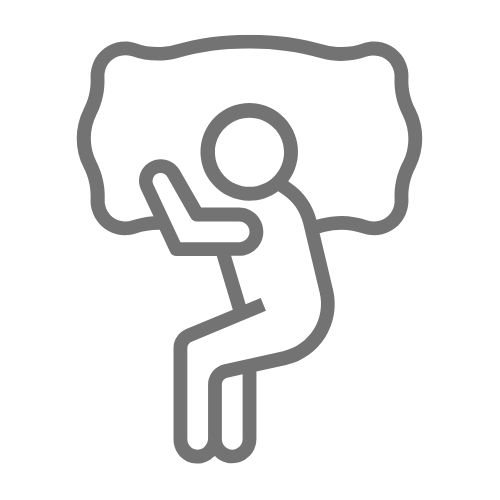
Put the person in the recovery position.
Once the person is breathing again, put them on their side with their top leg and arm crossed over the body to prevent choking. Stick around and keep an eye on the person until emergency help arrives.
Help others without worrying
It is safe to help someone experiencing an opioid overdose.
- You do not need a prescription to use or administer naloxone.
- You will not be responsible for any outcomes resulting from the delivery of naloxone.
State law provides limited immunity from criminal prosecution for certain amounts of controlled substance possession and the possession of drug paraphernalia for a person who aids another person who experienced an overdose from a controlled substance.
Concerned about someone’s well-being?
Call 211 or 1-833-944-4673
The Wisconsin Addiction Recovery Helpline can help you find local services and support. It’s free, confidential, and available 24 hours a day.
